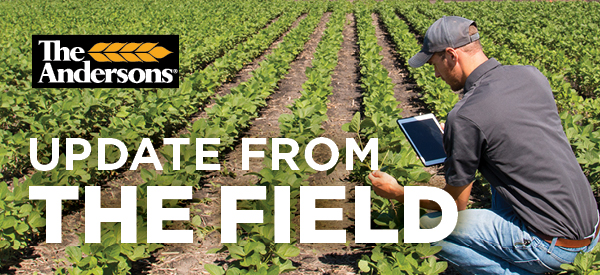Update from the Field: Here’s to Your Soil Health
Posted by Dave Dyson, Agronomist on March 05, 2019

Let’s talk about soil, not to be confused with dirt. Dirt is a four-letter word and will make any soil scientist cringe when mentioned. Dirt is what we scrape off our boots, sweep up and throw away when we clean the floors. Soil, on the other hand, is a living, breathing medium that we grow and sustain life with on this planet. The health of our soil should be at the forefront of every producer’s mind. The USDA’s definition of soil health is “the continued capacity of soil to function as a vital living ecosystem that sustains plants, animals, and humans.” Soil is not just inert material, but a petri dish containing air, water, minerals, organic matter, humus, roots and living organisms, Figure 1.

Figure 1: This picture from www.physicalgeography.net/fundamentals/10t.html shows the values for an average soil.
It is important to protect and improve the health of our soil on our agricultural land. To begin, we need to assess our overall soil health. If the damage is apparent we need to identify the source of harm. One practice that may negatively affect soil health is tillage. Tillage may be detrimental to the soil structure if performed excessively or in wet conditions. The breakdown of the soil structure can lead to erosion, both from wind and water runoff. Working ground in wet conditions can lead to soil compaction, Figure 2. Soil compaction can alter the soil structure and can limit air permeability and oxygen availability in the soil. This compaction of pore space in the soil can have a negative effect on both plant roots and microorganisms living in the soil.

Figure 2: This picture taken on July 3, 2019, outside of Sharpsville, Indiana, shows what happens when the ground is tilled when it is too wet. The corn roots cannot get through the compacted soil layer.
Everyone can see roots being restricted in the soil by compaction, but it’s hard to see a reduction in beneficial microorganisms due to erosion or compaction. Compaction can reduce microorganism populations, due to inadequate oxygen that they require for survival, and can lead to slower mineralization of the nutrients. The effects of compaction may be combated by utilizing beneficial microorganisms in a concentrated band close to the root zone. This will lead to improved cycling of nutrients in a more plant-available form.
Recent studies with beneficial microorganisms added to a high quality, low-salt starter in-furrow have shown a positive return on investment. Becks Hybrids tested BioKick™, The Andersons new beneficial microorganism product, in-furrow with our GoldStart® 6-24-6 in their starter additive study and saw a return on investment equaling $4.70/ac. That’s a better return on my money than the last time I went to Las Vegas.
In conclusion, when performing this year’s tillage pass make sure the ground is fit and no compaction will occur. Last year’s wet conditions led to the ground being worked in less than ideal conditions. If you do have compacted soils, consider adding BioKick to your liquid starter fertilizer at planting. Contact a trusted Ag Advisor from The Andersons to find out more details surrounding BioKick.
FOR MORE INFORMATION:
Please complete the form, and we’ll get you in touch with your Territory Manager from The Andersons.

Dave Dyson is a regional agronomist for The Andersons’ Farm Centers which are located throughout Ohio, Michigan, and Indiana. He is an Indiana native and grew up on a dairy farm in Miami County. A graduate of Purdue University with a degree in Crop & Soil Science, Dave has a deep knowledge of various agronomic topics and is committed to helping growers improve their crops. If you have any questions, Dave can be reached at david_dyson@andersonsinc.com.
© 2020 The Andersons, Inc. All Rights Reserved.BioKick is a trademark of The Andersons, Inc. GoldStart is a registered trademark of The Andersons, Inc.


